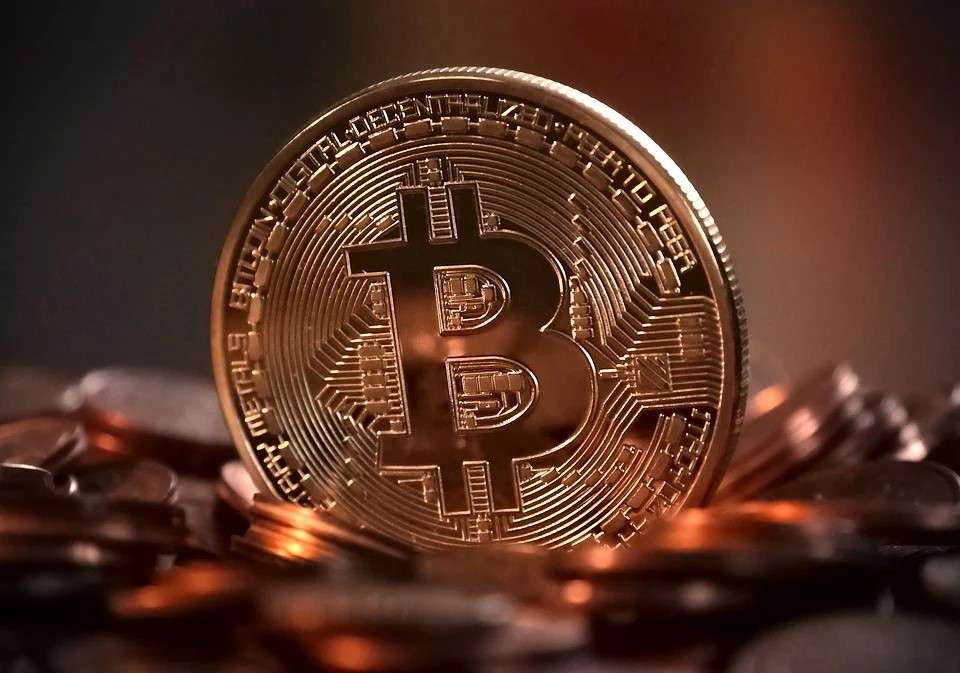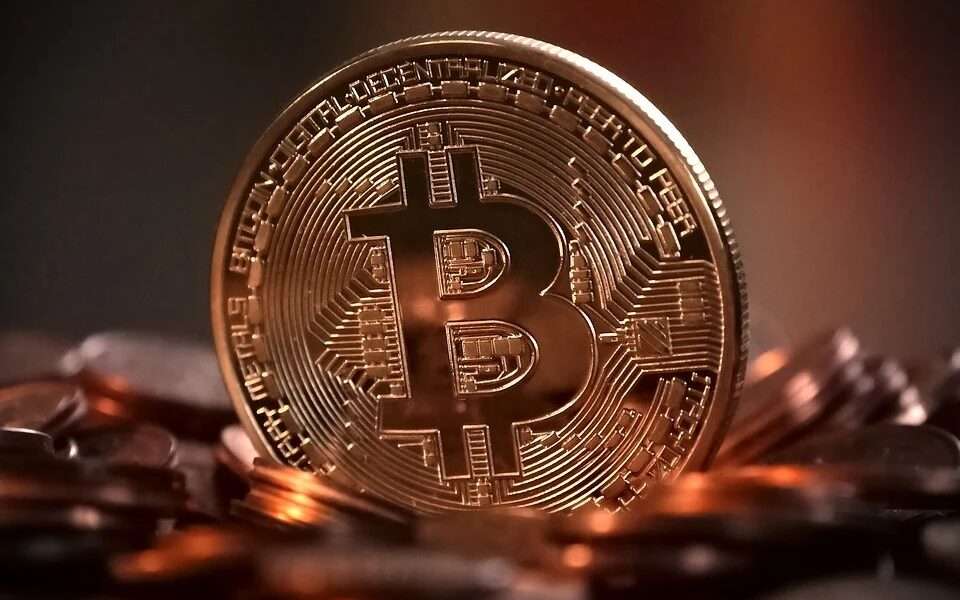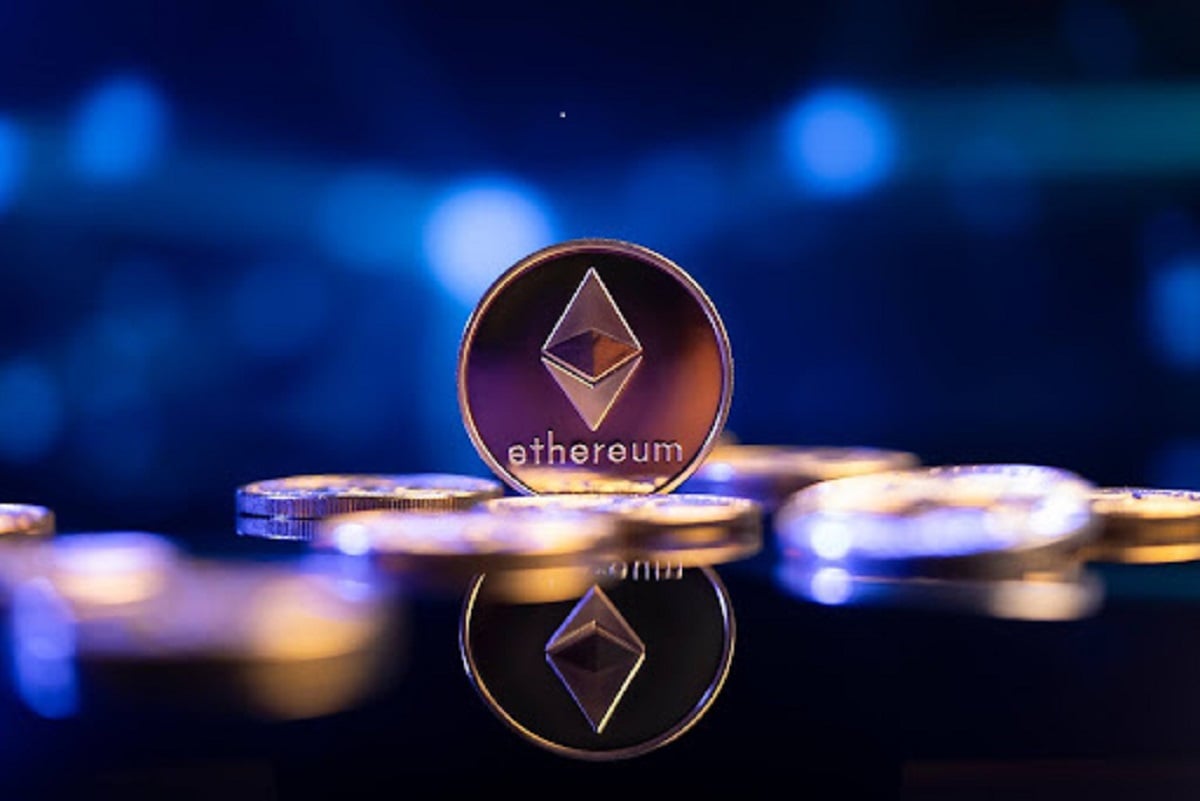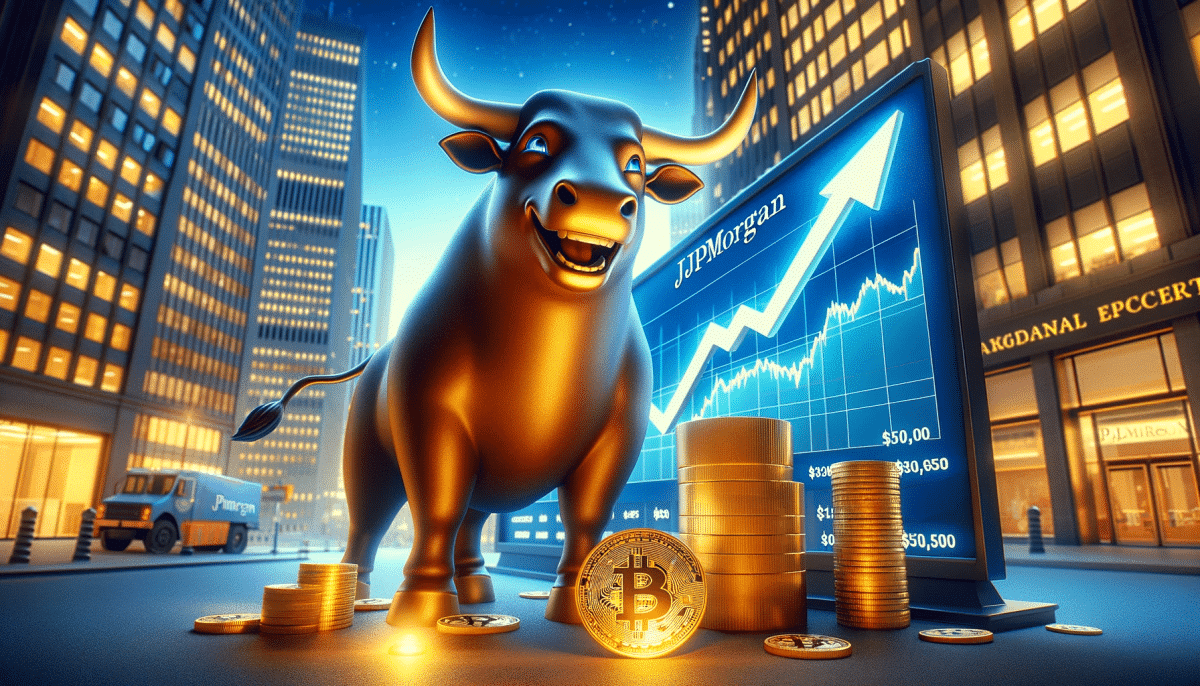- What is value and are cryptocurrencies worth the valuations we’ve assigned them in this bull market?
- Does Bitcoin’s high energy use and mining difficulty make it inherently valuable or is this the reason it should be considered overvalued?
You may think that value is simply an artificial judgment made by humans, but all animals make value judgments every day. If you need an example, offer your dog a choice between dog food and a hamburger! That’s not to say that something holds universal value-your dog has zero interest in a pile of gold, and what attracts a dung beetle is certainly not of interest to most people.
But are there any commonalities between a pile of gold and a pile of elephant dung? From a biological perspective, the dung is far more valuable – by passing through the elephant, the complex molecules that the plant made have been partially broken down, made more accessible to bacteria, beetles, fungi, and eventually other plants. The dung is part of the grand assembly, disassembly, and reassembly of carbon-based molecules, fueled by the energy of sunlight and driven by the twin engines of photosynthesis and cellular respiration.
But what of the gold? It was born in a cosmic furnace and is as ancient as the earth itself. We tell ourselves that it has value because it is scarce, but scarcity alone is not enough-something (or someone) must desire it. It does not matter whether it is desired for making golden idols, wedding bands, or coins; the simple fact that it is desired leads people to trade their time, energy, and resources in exchange for it.
Desire is often, but not always, tied to utility, and often reflects work that was put into a product. Eggs, flour, oil, and sugar each have utility and value, but a slice of cake is more valuable than the pile of raw ingredients, in spite of being less versatile, because it has the additional value of the work of a cook put into it (and who the cook is makes a difference!).
The value of money
Money is a uniquely human system: it is a representation of value; a measure of value. If I am viewing a piece of abstract art that doesn’t particularly interest me, I may take a much closer look if I learn that it was purchased for $2 million. I may argue that the painting is a “waste of money,” and imagine all the other things I might have bought if I had had $2 million.
Here we see the utility of money: it is incredibly versatile since it is an agreed-upon means to transfer value between people, regardless of whether the value is food, land, paintings, or cars. It provides a way to quantify value and to look for opportunities to buy and sell based on differences in perception. Money itself is scarce – the supply is controlled by the government – and we trade it for other things of scarcity such as someone’s time, someone’s talent, or a product harvested or made by someone.
Since our sense of value is tied so closely to money, we imagine that “money makes the world go round.” While sunlight hits the earth freely, powering life, people use their life’s energy to add value to goods and services. Thanks to money, goods and services flow freely across the globe and we have international systems of trade. Capitalism exists based on people acquiring things with money and then trading them for more money.
In comes Bitcoin
Bitcoin caught the world by surprise, and the first reaction by most people was to think it must be worthless because it was completely made up and can only exist digitally. Some people believed it might have value someday and started to accumulate it. “Pizza Day,” which was just celebrated on May 22, marked the first commercial transaction using Bitcoin, where Laszlo Hanyecz paid 10,000 Bitcoins for someone to deliver 2 pizzas to his house. Only 9 months later those 10,000 Bitcoins were valued at $1 each, and the value has increased since then, albeit with sharp ups and downs.
By now it is well-established that people are willing to pay for scarce digital assets, whether they be in-game tokens or a “meme coin” like Doge. What digital currencies have in common is that they can be sent peer-to-peer, meaning you can transfer coins between individuals without an intermediary such as a bank or credit card company. This is done offline with cash, but online money transfer has always involved 3rd parties before the invention of cryptocurrencies.
So, the first value of any cryptocurrency is the ability to send it more efficiently and more securely than any government-backed currency. This reduced friction is an improvement over traditional money. Another potential source of value is the lack of control by a single government or company. Many point out that there will only ever be 21 million Bitcoins – that no government can print more on-demand. That scarcity and the lack of government control are both enticing factors.
Bitcoin has another factor that adds value to it, and that is the amount of energy that goes into producing it. Some cryptocurrencies, like IOTA, were minted all at once, so the total amount has existed since day 1. Other cryptocurrencies, like Dogecoin, are inflationary with a potentially unlimited supply (with Doge there are 10,000 new coins created every minute of every day).
The energy use dilemma
Bitcoin is “mined” so that new coins come through an expenditure of computing power. Initially, the power of one laptop was enough to compete for the block reward, which comes about every 10 minutes, but the more people compete, the greater the mining difficulty becomes. In addition, for every 210,000 blocks, the amount in the reward drops by 50 percent. So we went from 50 Bitcoins every 10 minutes going to people running laptops, to 25, then 12.5, and currently to 6.25 Bitcoins every 10 minutes going to large warehouses full of specialized computers (“mining farms”) that collectively use more electricity than many countries.
Some people look at that energy as “wasted,” and consider Bitcoin less valuable for that waste, while others look at it as Bitcoin having inherent value because it is so difficult and expensive to mine.
It is worth looking at cryptocurrencies with a critical eye, especially since there are so many to compare between. Part of why Doge gained so much value this year was its simplicity, very low fees, and anonymity in comparison to Bitcoin or Ethereum, but its main value lies in its community – the popularity of its memes, the generosity of individuals, and the upbeat optimism have attracted a large crowd. Consequently, Doge has become an easy entry point for many people to get into cryptocurrencies.
In recent days the entire cryptocurrency market has lost tens of billions of dollars in value. Some blame Elon Musk for no longer accepting Bitcoin payments, some blame China for getting aggressive towards Bitcoin miners, others simply see it as a needed correction and natural part of the cycle. Some have lost a lot of money as they sold in a panic, while others are seeing this as a great buying opportunity.
We get to see, in real-time, how the human emotions of greed and fear play out on a global scale. If you bought Bitcoin for $50,000, then at the time you not only felt it was worth $50,000, but you were optimistic it would in fact become more valuable. Therein lies the primary value of every cryptocurrency: speculation!
Valuing Bitcoin, and why it’s so controversial
In the stock market, a company’s value is more easily measured by the products it produces, the contracts it has, etc. A stock’s price does not reflect current value but is a speculative indicator of possible future value. One measure of that is its price to earnings (P/E) ratio where analysts look at the price of one share compared to the earnings per share (which companies have to report quarterly).
If the P/E is near 1, then the market only deems the company as valuable as the money they are earning. In the case of Tesla, the P/E is 125, meaning the market valuation is 125 times higher than the amount of money Tesla is currently making. Gamestop has been losing money (negative earnings per share) but went from a price of $4 to $325 based purely on coordinated speculative trading.
With cryptocurrencies, they do not actually “make” much of anything. They exist, and their value lies in what people are willing to pay for them. People are willing to buy them, largely based on the belief they will be able to sell at a higher price (preferably MUCH higher) at a later time. To be fair, many cryptocurrencies aim to solve real problems and to provide real-world value. Hence, in comparing cryptocurrencies we can compare their goals, their plans, their team, and their technology.
Many are capitalizing on the speculative value of cryptocurrencies, focusing on enabling more financial tools. Polkadot (DOT), for instance, offers cross-blockchain transfers and the simple creation of custom blockchains that will, themselves, be interoperable. Many blockchains are employing smart contracts to enable decentralized finance (DeFi). DeFi platforms allow people to lend or borrow funds from others, speculate on price movements on a range of assets using derivatives, trade cryptocurrencies, insure against risks, and earn interest in savings-like accounts, all through smart contracts rather than through intermediaries such as banks. IOTA aims to bring real-world value by giving identities to machines and internet-connected devices of all types and enabling them to exchange data and transact with each other through feeless micropayments.
In conclusion, value exists in the natural world but is largely a human measure. Money is a unit of measurement for value and a means to exchange value. Money itself is a construct, usually created by governments but more recently by any group of people who want to create a cryptocurrency.
A cryptocurrency has value based on utility, scarcity, efficiency, or for what new uses it enables. People trade cryptocurrencies largely based on speculation of future prices, and the markets swing wildly up and down as an emergent property of collective fear and greed. The market recently had a sharp correction, with most cryptocurrencies losing half of their value. Although my crystal ball is broken, I speculate that we have hit the bottom and will once again zoom upwards. If so, then right now is a great time to buy, with everything “on sale!”





